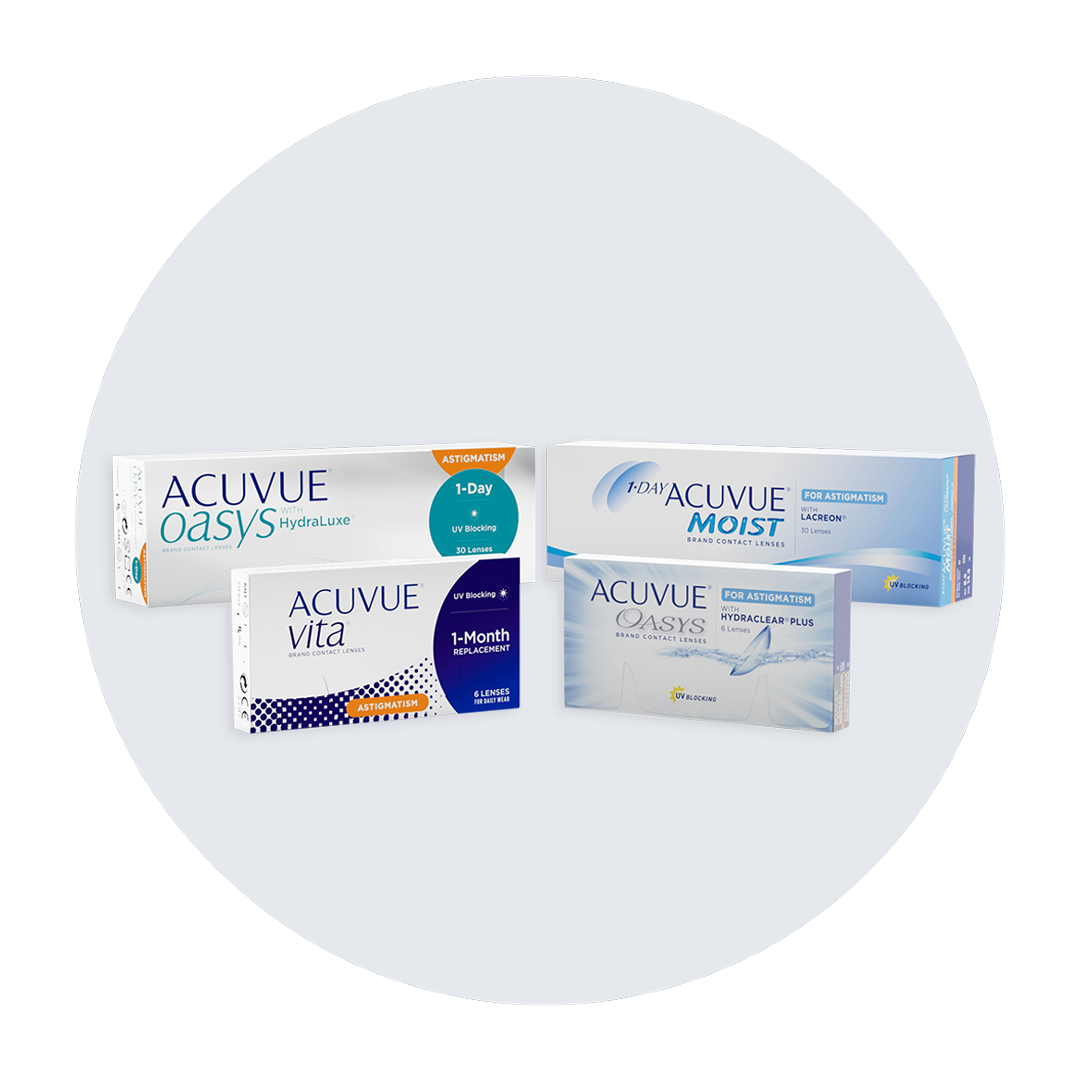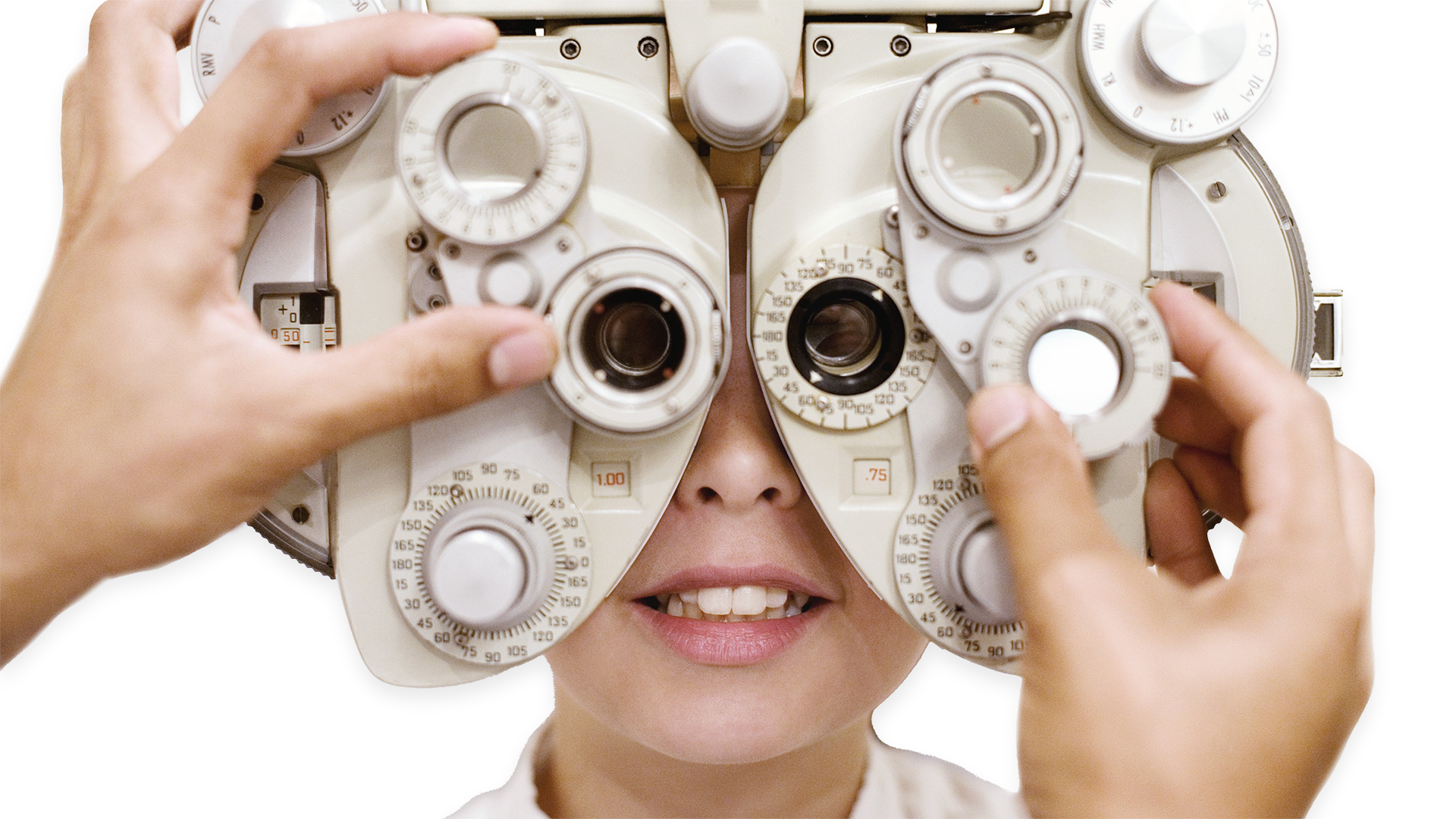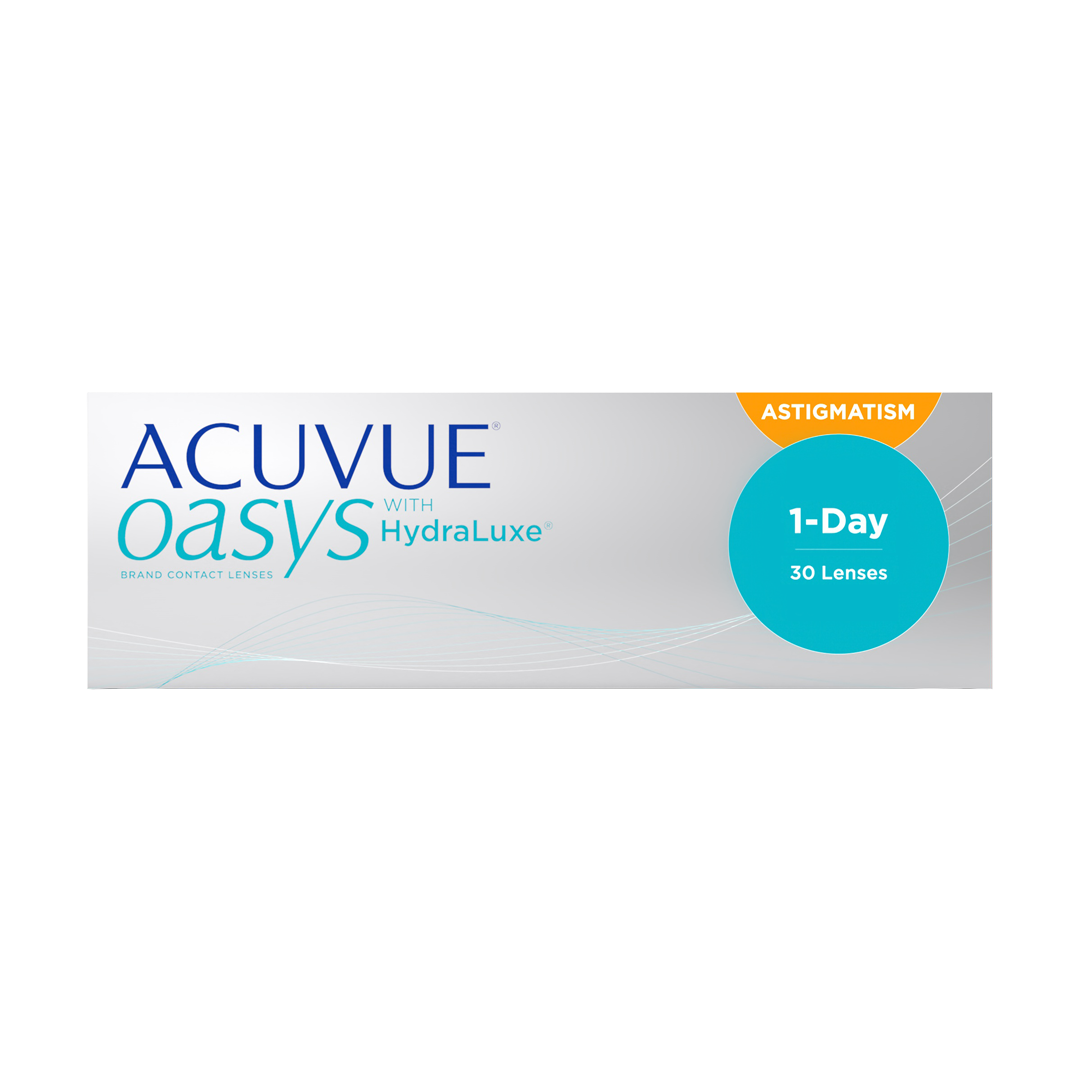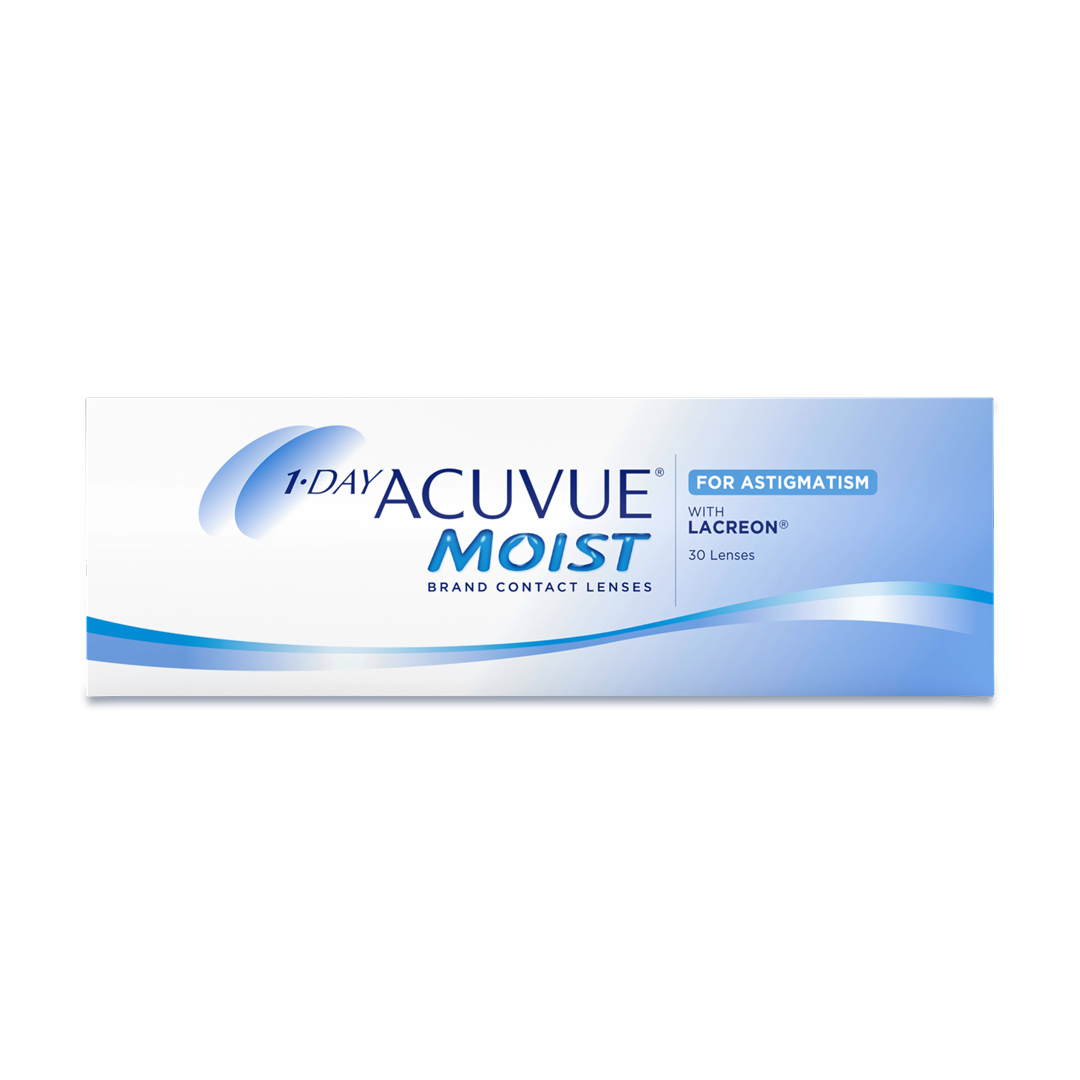What is astigmatism?
Astigmatism is blurry or distorted vision caused by an abnormal curvature of the eye's surface.
Your eye works best when its surface is round like a basketball, but with astigmatism, it's shaped more like a football. This shape makes it more difficult to focus the light coming in to your eye.
Astigmatism is common. Some are born with it, some develop it over time, and some experience it after an eye injury or eye surgery. In most cases, it can be corrected with glasses or contact lenses.






